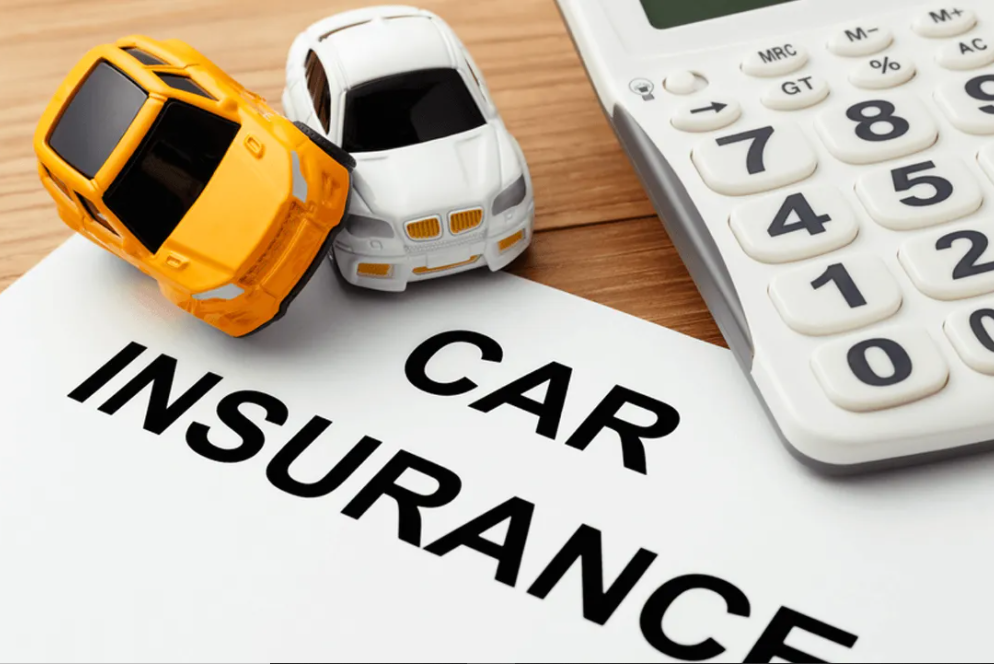Buying car insurance can often feel overwhelming, especially true given the various available options and the language that often confuse the task. A lot of individuals quickly jump into choosing a policy, focused on the price alone or false beliefs about what coverage they actually require. Nevertheless, understanding the common mistakes can help you avoid excessive cost and frustration in the future.

In this article, we will discuss ten frequent mistakes that consumers often encounter when acquiring auto insurance. Being mindful of these errors, you can take informed decisions that protect you financially but also make sure you possess the right insurance coverage for your requirements. If you are a first-time buyer or considering switching providers, steering clear of these mistakes will assist you secure the most favorable policy. Let us delve in and empower you to maneuver the world of car insurance assuredly.
Understanding Coverage Options
When buying car insurance, it's essential to understand the multiple coverage options accessible to guarantee you select a plan that fulfills your needs. Auto insurance usually includes liability insurance, collision coverage, and comprehensive coverage. Liability coverage safeguards you from costs associated with losses or injuries you may cause to others in an accident. Collision coverage, on the other hand, protects against damage to your vehicle from a collision, no matter of who is at fault. Comprehensive coverage offers protection against non-collision-related incidents, such as theft, vandalism, or natural disasters.
Another essential aspect of coverage options is underinsured motorist coverage. This type of protection is vital in situations where you are involved in an accident with a driver who does not have enough insurance or has no insurance. By holding this coverage, you can protect yourself from financial loss caused by accidents involving these drivers. It's a protection that many people ignore, but it can be key for your financial security.
Lastly, don't overlook to evaluate additional options such as personal injury protection and roadside assistance. Personal injury protection can take care of medical expenses for you and your passengers, regardless of who is at fault. Roadside assistance offers help in case of breakdowns or other emergencies. Evaluating these alternatives carefully will guarantee you have a comprehensive auto insurance policy that truly safeguards you on the road.
Comparing Estimates Effectively
As you are shopping for car insurance, it is crucial to compare estimates from multiple insurers to ensure you are receiving the best deal possible. Start by gathering quotes from at least three distinct providers. Such an approach gives you a wider perspective on what the market provides and helps you identify any significant differences in pricing for comparable coverage. Keep in mind that the cheapest option isn’t always the most suitable; pay close attention to the coverage limits, deductibles, and exclusions that may vary from one policy to another.
In addition, make use of comparison tools on the internet to streamline the procedure. Such tools can save you time by allowing you to enter your information once and receive various quotes in return. However, while using these internet resources, be sure to verify the credibility and reputation of the insurers. Reading reviews and ratings from fellow customers can provide insight into the quality of customer service and the claims process, which are essential factors in your decision-making.
Lastly, when you receive your quotes, take the time to analyze and evaluate the coverage provided. Look beyond just car insurance companies near dallas, tx and consider the particular features each policy provides. Some policies may offer benefits such as roadside assistance or rental car coverage, which could influence your overall costs and satisfaction in the long run. By doing a comprehensive comparison, you will be better equipped to select a policy that meets your needs and budget while offering adequate protection.
Neglecting Coverage Fine Print
When purchasing car insurance, many buyers tend to ignore the details of their policies. This often includes critical information about coverage limits, exclusions, and specific conditions that might apply. Ignoring this information can lead to unexpected out-of-pocket expenses during a settlement, leaving customers unprotected in situations they believed were covered.
Additionally, many buyers focus on the premium amount without thoroughly realizing the effects of their chosen coverage choices. They may select lower costs, only to realize that their deductibles are much higher than expected or that essential benefits, such as rental car coverage or emergency support, are omitted. This oversight can create financial strain, especially in periods of need.
Finally, the wording used in insurance policies can sometimes be complex and filled with legal jargon. Failing to ask for guidance on ambiguous terms can result in misunderstandings about what is covered versus what is not. To avoid these missteps, it is wise to read through the coverage thoroughly, pose questions, and even consult a knowledgeable agent if necessary to ensure full understanding of the conditions before agreeing to a policy.
